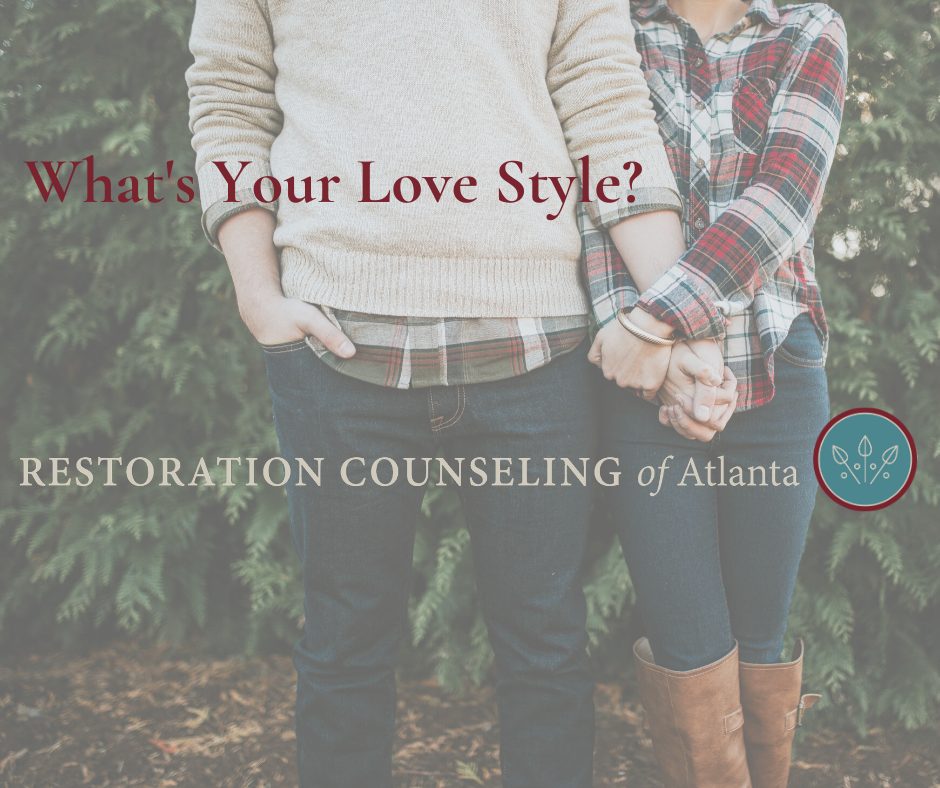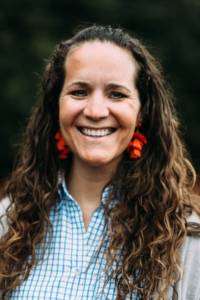Do you ever feel like you and your spouse have the same argument over and over? Couples often get stuck in the same type of argument. Every person has a particular love style that they developed in childhood. However, understanding and identifying your love style can help you to stop these destructive arguments that cause such ongoing pain.
How We Love
The book How We Love is written by the married couple Milan and Kay Yerkovick. It explains that one’s love style is a result of the wounds that he or she had from his attachment to his parents. Milan and Kay also use the comfort circle as an antidote to the destructive pain cycle. The unhealthy love styles are avoider, pleaser, vacillator, victim, and controller. The healthy love style is the secure connector. A secure connector is someone who receives and gives comfort in a healthy way. Let’s now explore and explain each different love style.
Unhealthy Love Styles
Avoiders come from families that place a large value on independence and less on affection (Yerkovick & Yerkovick, 2017). They received little comfort from their parents, so they have learned not to rely on anyone else for their relational and emotional needs (Yerkovick & Yerkovick, 2017). In addition, an avoider will often request space and does not really think about his feelings and needs.
A pleaser often grows up in a family with an overprotective and/or angry parent that he or she has tried to make happy (Yerkovick & Yerkovick, 2017). They focus their energy on comforting an anxious or angry parent (Yerkovick & Yerkovick, 2017). A pleaser feels uncomfortable with conflict and would rather placate another person than deal with the argument (Yerkovick & Yerkovick, 2017).
A vacillator love style usually forms when someone has unpredictable parents (Yerkovick & Yerkovick, 2017). He or she did not receive consistent comfort and attention from his parents so as a result, he might feel abandoned (Yerkovick & Yerkovick, 2017). Vacillators tend to polarize others in relationships by first idealizing them and then later devaluing them (Yerkovick & Yerkovick, 2017). They feel a lot of internal conflicts and often think that no one else understands their emotional needs (Yerkovick & Yerkovick, 2017).
The controller style often originates when someone experiences abuse growing up. As a result, controllers feel the need to protect themselves because they feel like no one else protected them as a child (Yerkovick & Yerkovick, 2017). They are often intimidating in relationships and prefer things to be done in a certain way (Yerkovick & Yerkovick, 2017).
The victim style also typically stems from an abusive childhood. Victims do not have a strong sense of self-worth and because of this, they are more likely to deal with anxiety (Yerkovick & Yerkovick, 2017). They will often marry controllers and replay the abusive events of their childhood (Yerkovick & Yerkovick, 2017). A victim often describes his or her childhood as chaotic. They usually had a parent who had frequent angry outbursts (Yerkovick & Yerkovick, 2017).
The Healthy Love Style
Above all, the goal of How We Love is to become a secure connector. A secure connector is confident and able to handle conflict and negative emotions (Yerkovick & Yerkovick, 2017). He or she can ask for help and give help when needed. The secure connector feels comfortable saying no without fearing making someone else upset.
You and your spouse might currently be stuck in an unhealthy cycle of relating. If you are willing, you can learn new, healthier ways to interact with one another. Yerkovick & Yerkovick (2017) said “Many of us did not feel deeply known or understood as children. But if our mates have tools to explore the deep recesses of our hearts and will tenderly hold our pain, our love for them will grow deeper. What if our mates could see our shameful secrets and our inadequacies and still love us? We would cherish the gift of grace” (p. 220). How We Love explains the comfort circle and how it is the antidote to the shame cycles where couples get stuck.
The Comfort Circle
The first step of the comfort circle is to seek awareness. This step is about having a greater understanding of yourself and your spouse. Everyone has triggers and understanding your own triggers and your spouse’s triggers will provide the knowledge you both need to interact in a new way. A lack of knowledge of what triggers you will only cause you to be captive to your emotions. For example, vacillators are easily angered, but they have trouble expressing sadness or grief. A pleaser has a difficult time expressing anger and setting boundaries (Yerkovick & Yerkovick, 2017). Once someone has the knowledge of their own hot buttons, then they can work towards freedom over these triggers.
The next step is engaging in conversation with your spouse. This requires being honest and upfront about the negative feelings that one might be having. The couple decides to have a speaker and a listener in each conversation. They choose who will be the speaker first and who will be listener as they engage in conversation.
The third step is to explore. Exploring requires the couple to use speaker-listener techniques and active listening where the listener reflects what they heard the speaker say (Yerkovick & Yerkovick, 2017). In other words, the listener asks the speaker what they need.
The fourth step is to resolve, and the speaker asks for a request from the listener (Yerkovich & Yerkovich, 2017). The listener tries to meet the needs of the listener and clarifies expectations in the relationship.
The Goal
The goal of How We Love is to help couples heal from the painful past wounds that they have and to interact in new and healthier ways. In order to do that, couples must desire to connect and be open and honest with one another. Moreover, clarifying expectations and desires is necessary for the couple to be able to move forward in a healthy way. Discovering your love style can be beneficial in learning more about yourself and your significant other and as you work towards greater intimacy and satisfaction in your relationship.
Yerkovich M. & Yerkovich, K. (2017). How we love: Discover your love style, enhance your marriage. Colorado Springs, CO: WaterBrook
mead@restorationcounselingatl.com, ext. 115
Roswell and Woodstock Locations
Mead counsels children, adolescents, adults, and families who are struggling with anxiety, depression, communication difficulties, grief, as well as other life issues. She is a certified PREPARE/ENRICH facilitator and also works with premarital couples. She is trained in sand tray therapy which is beneficial for working with children and individuals. Mead’s sincere desire to help her clients experience freedom from fear. She is passionate about helping her clients to get out of the rut that they have been experiencing and into new, healthy, relationship patterns. She will provide a safe environment for healing.


 by
by